Stereotypes use to reproduce themselves with almost the same regularity as the ignorance against the objects of these stereotypes increases. The Balkan region of South-eastern Europe is one such example. In the expectations of many westerners, Balkan countries are synonymous with corruption, failing nations, centuries of civil war, and headache by to much of low quality spirits.
For the Britons was the prospect of having more countries from the Balkan peninsula in the EU reason enough to leave the union all together. And if you tell someone from Croatia, Romania or Greece how much you like the Balkanesque wildness of their countries, you might be lucky if be entitled persona-non-grata there. And for Germans and Austrians it was the Balkan conflict that started the mother of all disasters in their history, the first World War.
To my knowledge there is only one country that takes this stereotype as a challenge and is trying to exploit the undeniable, instead of faking the facts. Bulgaria, in fact is in the very center of the Balkan peninsula. And like the eye of the hurricane is always a very quiet spot surrounded by devastating storms on the periphery harbours Bulgaria in its West-Eastern perimeter the most picturesque mountains that gave the whole region its name (Balkan mountains, locally called Stara Planina or historically Hemus).
But despite this geographically very prominent role of Bulgaria didn’t it fit much of the bad connotations of a Balkan countries: Neither was it involved in any nationalistic segregational movements, nor had it any issues with religious heterogeneity. It used to absorb people from other countries who were expelled as a result of civil war (like Russian aristocrats after the revolution) or genocide (like the turkish Armenians). During the time of fascism, the Bulgarian people successfully resisted the request of the german occupants to deport the sephardic jewish population. In gratitude of this, Israeli survivors of the Holocaust recently honoured this courage by erecting a monument in the form of a jewish shoufa in the city of Varna.
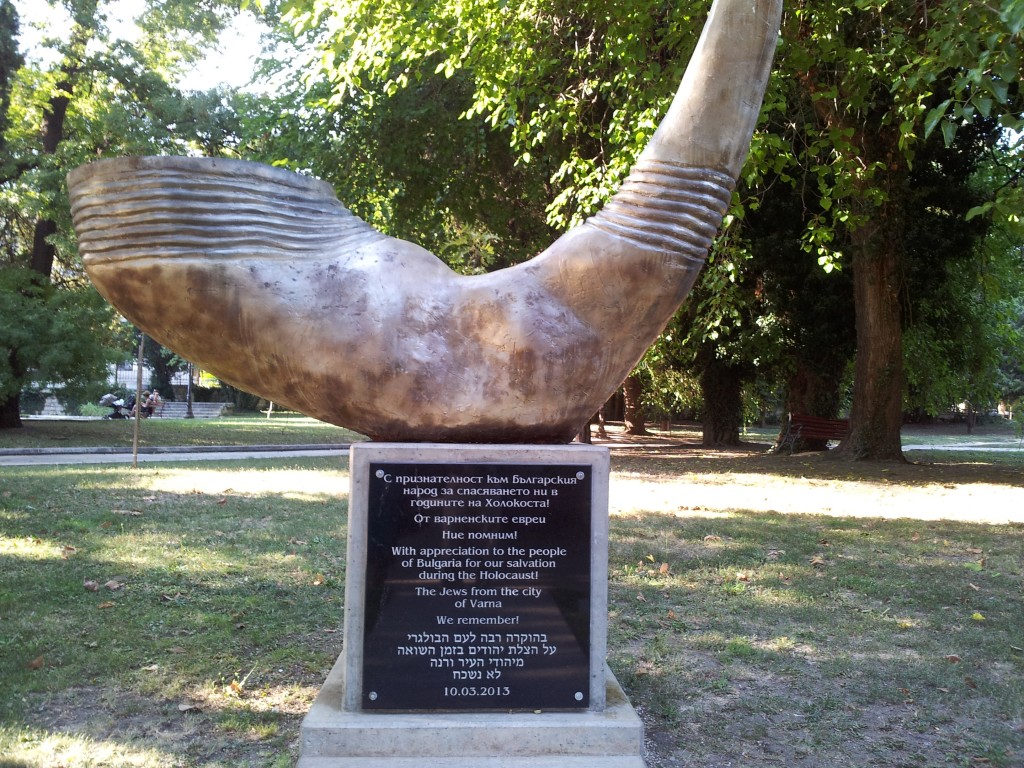
The city of Varna has more reasons to look with great pride on its history. The eldest European civilizations left evidence of their early agricultural communities here (in Ezerovo and Debna), where rich burial sites were excavated that contained the earliest man-made golden artefacts.
It is a tragedy, and here maybe indeed reminiscent of Balkanesque indifference, that these two sites of prehistoric settlements (dating back to ca. 5000 AD) is hidden now and partly demolished under a socialist-era chemical plant.
For archaeologic sites that link Bulgaria to the Roman history (when it was the province of Thrakia), in particular when they are found in the capital Sofia, the authorities are a bit more careful. The excavation works are done under public observation behind transparent walls.
But to makes aware that we are really in the middle of the Balkan region we can find here (on the railway between Varna and Sofia) the only trainstation worlwide that is simply called Balkan.
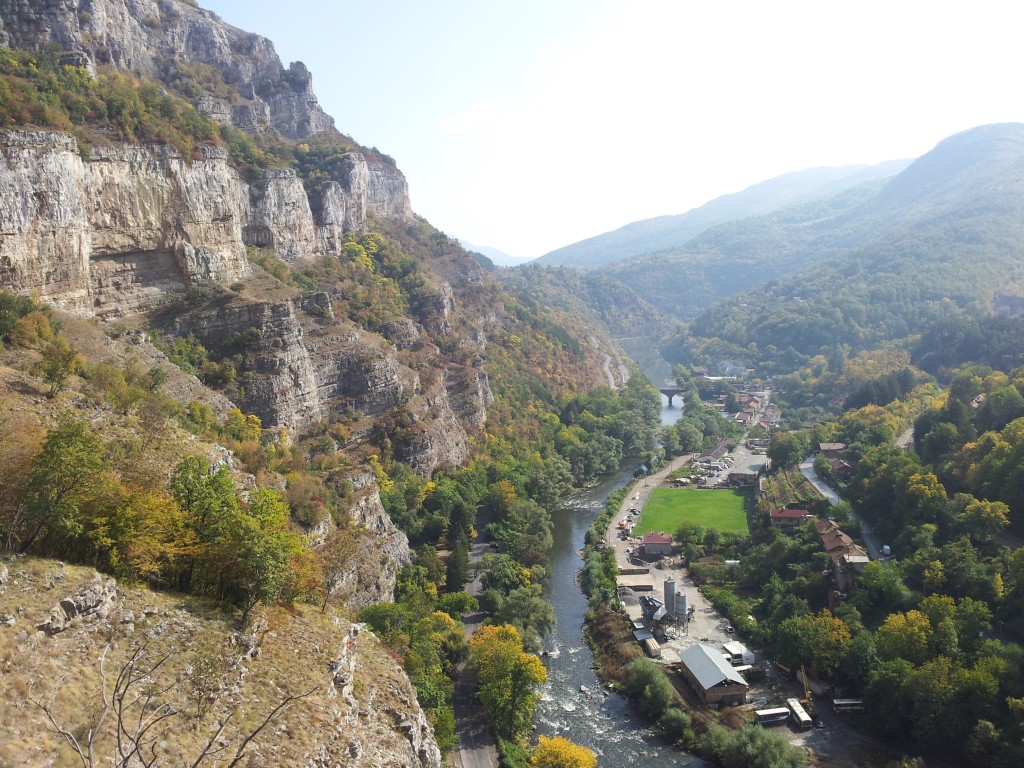
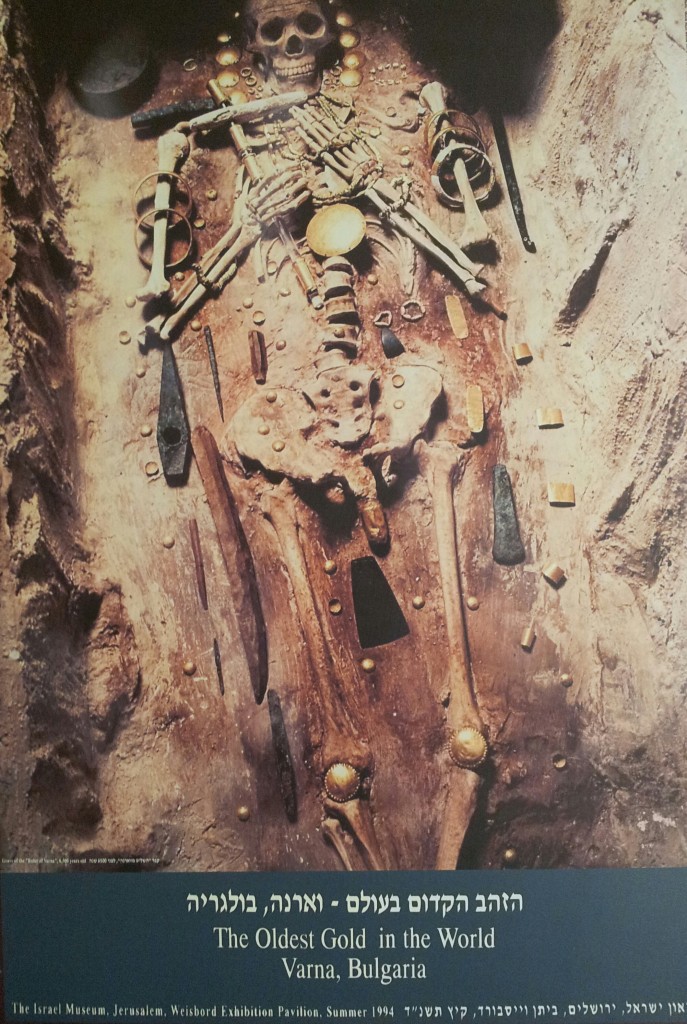
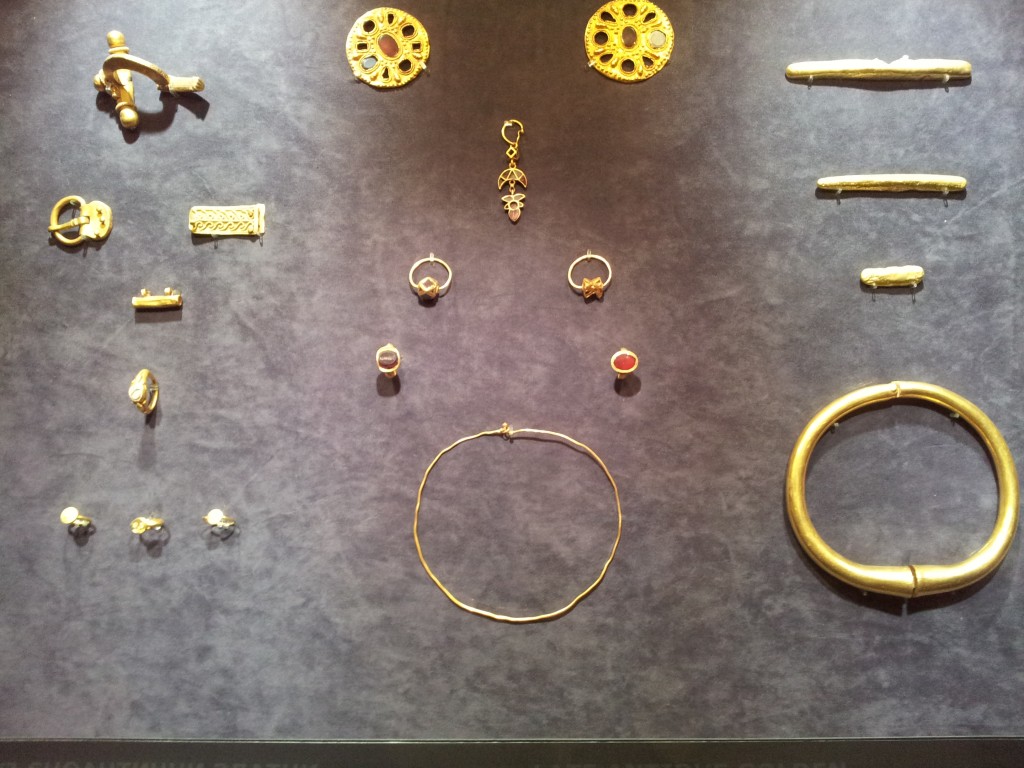
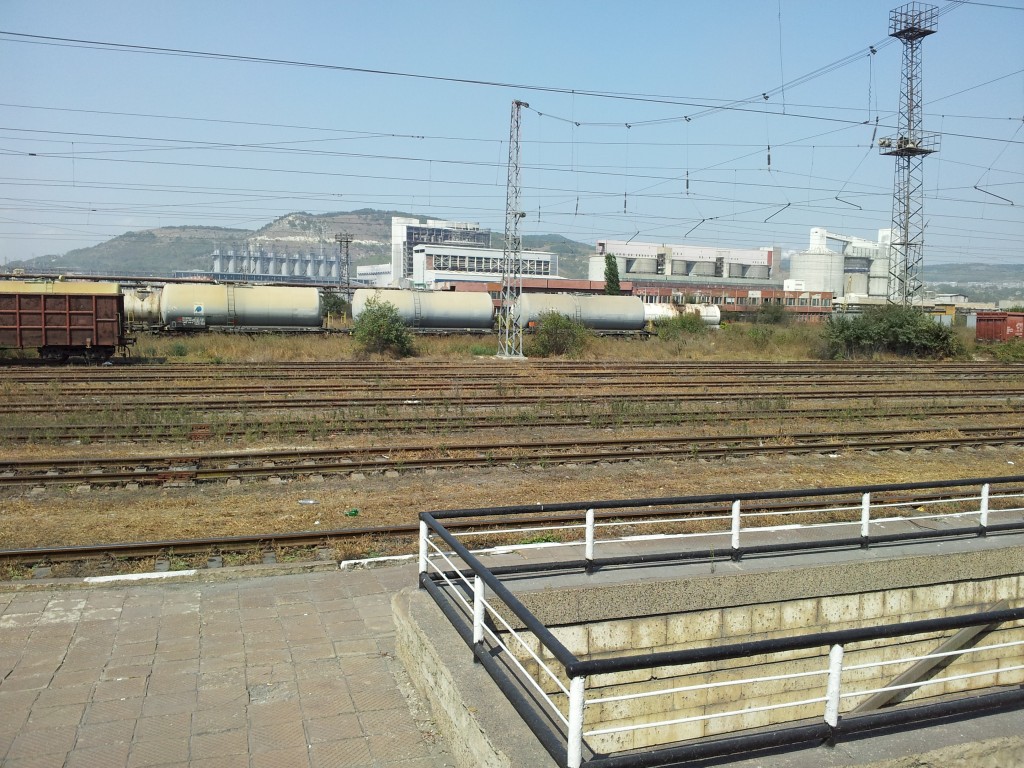
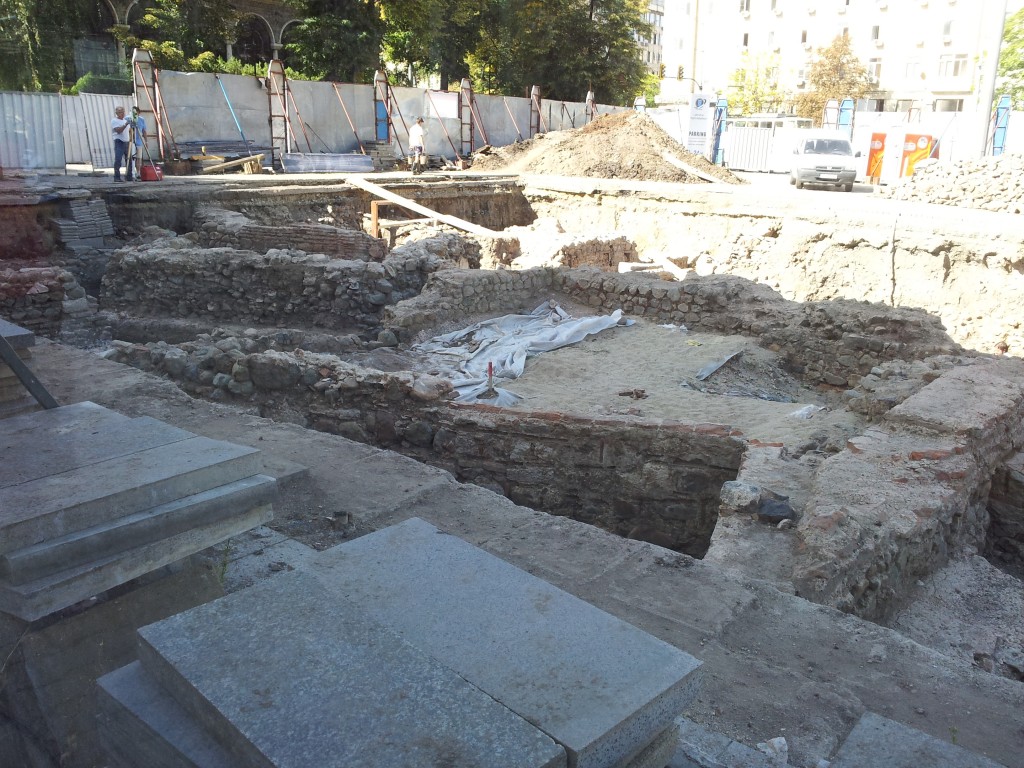
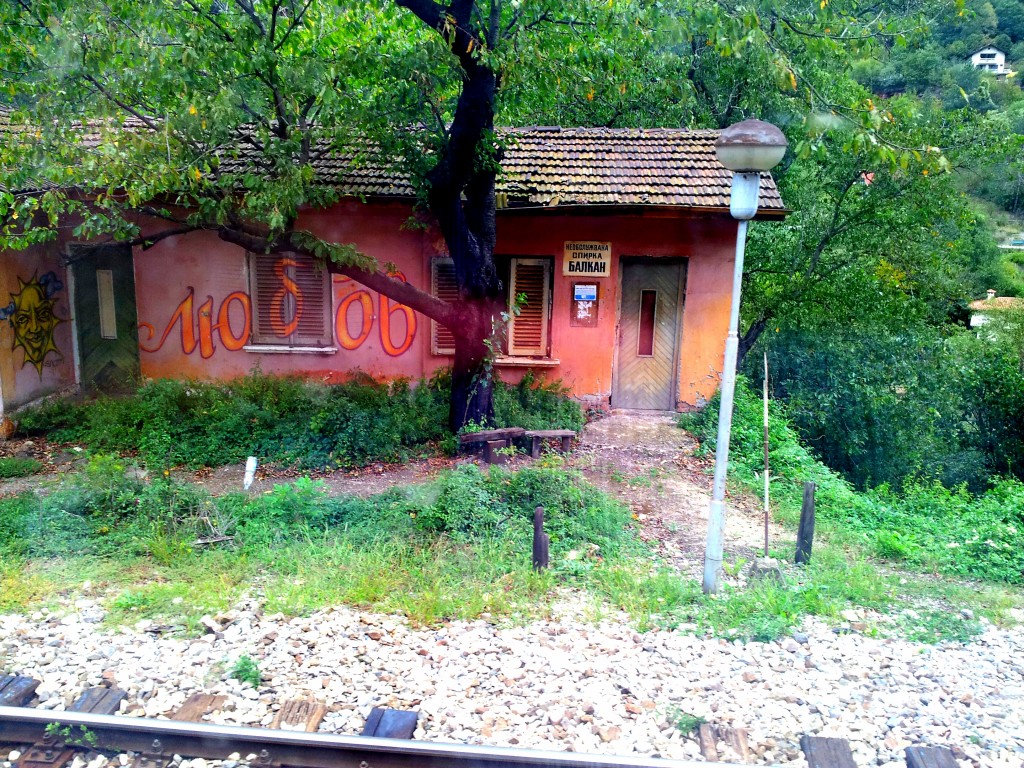
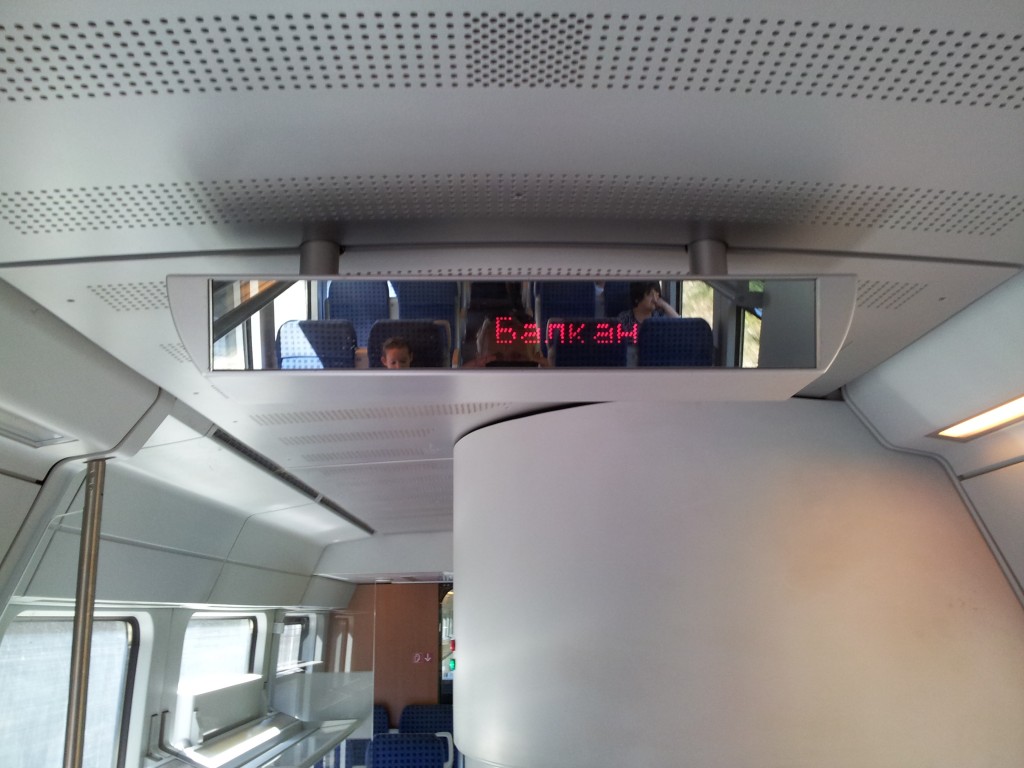
Ghazal Fotouhi Von Samsung-Tablet und ich hab mir die Frage ob ich die Geschichte der Stadt mit den Verhältnissen
Looking forward to seeing you on the other hand I have to admit that I was on a business trip to Lake Tahoe and San Francisco Bay window
Huhn mit Pflaumen und die Zukunft der Welt ist besser als irgendwo hängen lassen